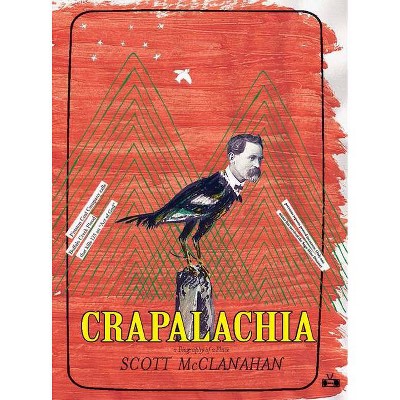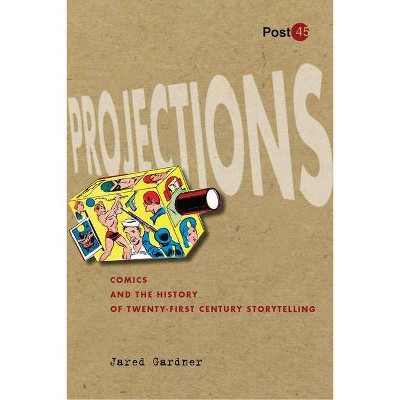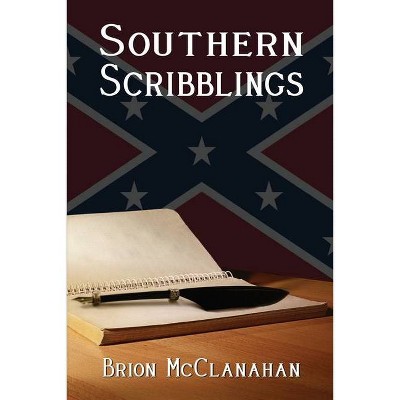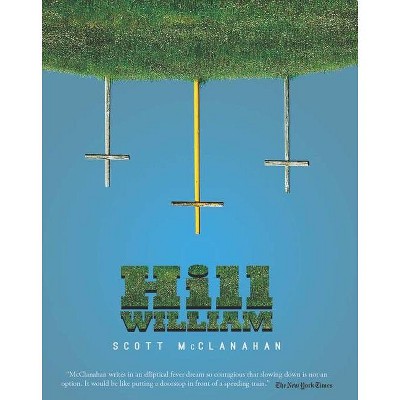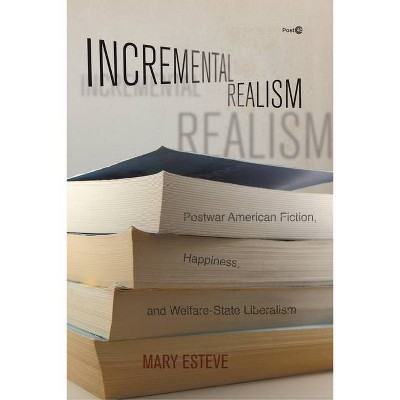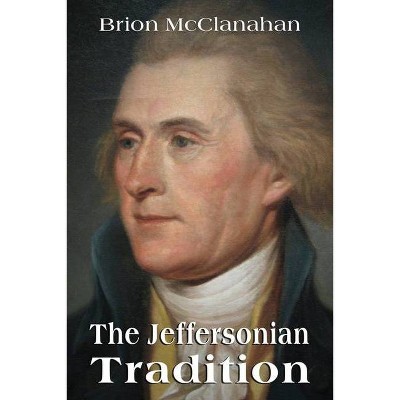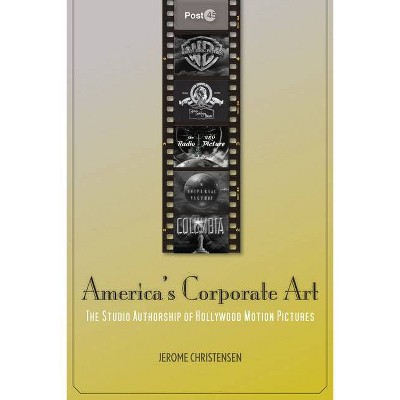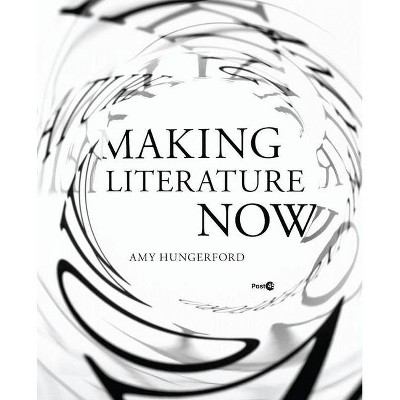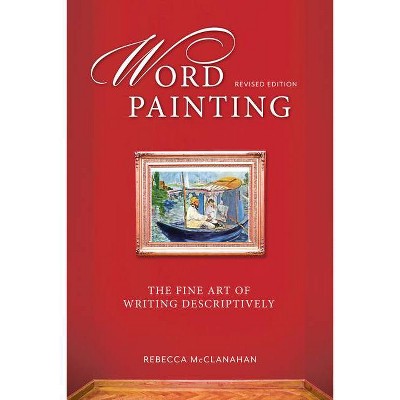Dead Pledges - (Post*45) by Annie McClanahan (Paperback)
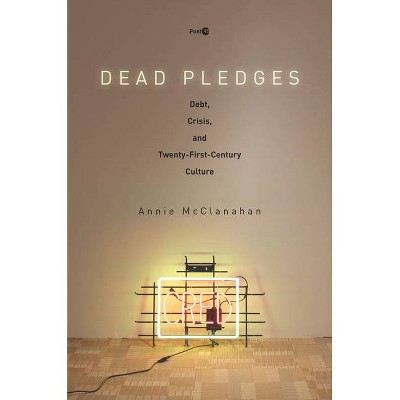
Similar Products
Products of same category from the store
AllProduct info
<p/><br></br><p><b> About the Book </b></p></br></br>This book makes sense of the social, political, and conceptual consequences of the 2008 credit crisis by looking at the ways that our culture has sought to formally represent and politically respond to it.<p/><br></br><p><b> Book Synopsis </b></p></br></br><p><i>Dead Pledges</i> is the first book to explore the ways that U.S. culture--from novels and poems to photojournalism and horror movies--has responded to the collapse of the financialized consumer credit economy in 2008. Connecting debt theory to questions of cultural form, this book argues that artists, filmmakers, and writers have re-imagined what it means to owe and to own in a period when debt is what makes our economic lives possible. Encompassing both popular entertainment and avant-garde art, the post-crisis productions examined here help to map the landscape of contemporary debt: from foreclosure to credit scoring, student debt to securitized risk, microeconomic theory to anti-eviction activism. A searing critique of the ideology of debt, <i>Dead Pledges</i> dismantles the discourse of moral obligation so often invoked to make us repay. Debt is no longer a source of economic credibility, it contends, but a system of dispossession that threatens the basic fabric of social life.</p><p/><br></br><p><b> Review Quotes </b></p></br></br><br><i>Dead Pledges</i> is a welcome addition to an area of growing importance, the 'economic humanities.' Its author commands a disparate and complex body of economic thought and economic history.--Jerry A. Varsava "<i>American Studies</i>"<br><br><i>Dead Pledges</i> is remarkable for its economic history, drawing on thinkers from Adam Smith, Karl Marx, and Friedrich Nietzsche, and bringing this history of economic thought to bear on the policies and arguments of Alan Greenspan, Ben Bernanke, and Robert Shiller, among others. For its historical framing of the contemporary economic crisis alone, <i>Dead Pledges</i> marks an important intervention into contemporary debates about cultural forms and the economy. For those working at the intersection of contemporary literature and economics it is a must-read.--Davis Smith-Brecheisen "<i>Mediations</i>"<br><br><i>Dead Pledges</i> offers an exemplary demonstration of how literary and cultural analysis can address urgent social and political problems. A timely work of critical debt theory, it is poised to reshape the transdisciplinary debates around debt and contemporary capitalism.--Richard Dienst "Rutgers University"<br><br><i>Dead Pledges</i> stands out among recent criticism for its cogent description of the culture produced by our deregulated, financialized economy, which has spawned various species of hyper-usury whereby consumer credit risk and national credit ratings have themselves become tradeable objects...We need more books like this one.--David Hawkes "<i>Times Literary Supplement</i>"<br><br>In a series of nuanced yet militant readings, McClanahan makes an incisive case for the centrality of the political economy of debt to contemporary art, culture, and politics. <i>Dead Pledges</i> is a powerful contribution to cultural and social theory that advances the debate over capital and its representations, a debate of vital importance to economic thought, artistic practice, and political action.--Alberto Toscano, Goldsmiths "University of London"<br><br>McClanahan calls her cultural texts her literary laboratories, wherein she distills and deconstructs these competing narratives about capitalism, crisis, and debt. As a work of cultural critique, <i>Dead Pledges</i> is uniquely capable of deconstructing the literary and aesthetic devices that structure these competing narratives in a way that political economy cannot.--Sofia Cutler "<i>Los Angeles Review of Books</i>"<br><br>McClanahan opens up the personal onto the macro of the social and the collective. In <i>Dead Pledges</i>, the novel and especially the realist novel turn out to be productive sites to pursue such a project due to the scalar negotiation and rich characterization that are typical of the genre--and in the credit-crisis novel both of those are under pressure--Arne De Boever "<i>Boundary 2</i>"<br><br>McClanahan's argument is developed in part through readings of photographs of foreclosed homes and their landscapes, where in the moment of debt crisis the antisociality of (or our alienation from) property as a commodity comes to the fore. <i>Dead Pledges</i> brilliantly brings this antisociality home in its final chapter, which examines how housing and foreclosure have become a site of terror in contemporary horror films...McClanahan's most important contribution is how she brings out the dark side of the debt economy and crisis; that is, her attention to the hollow subjects and hostile objects that now populate our worlds. <i>Dead Pledges</i> illuminates the forms of structural coercion and social violence that accumulate around us, like wreckage no longer blown forward by any wind of progress.--Brian Whitener "<i>The New Inquiry</i>"<br><br>McClanahan's great strength is the wealth of detail she brings to her portrait of the period itself, with excellent distillations of existing literature on the concept of debt, its financialization prior to 2008, and the crisis itself. Her grasp of economics, in the radical as well as the more official senses, is truly masterful and she does an outstanding job of clarifying its stakes for cultural analysis.--Julian Murphet "<i>Affirmations: Of the Modern</i>"<br><br>The book is a masterful exploration of the cultural politics of the financial crisis and a powerful mediation on how to make sense of an era of unrepayable debts...<i>Dead Pledges</i>is a must read. For whom? Well, anyone living in the 21st century, concerned about insurmountable debts, thinking of how culture and the economy transect each other, and striving for a radical politics fit for the mortgaged times in which we live.--Aparna Gopalan, <i>New Books Network</i><br><p/><br></br><p><b> About the Author </b></p></br></br><b>Annie McClanahan</b> is Assistant Professor of English at the University of California, Irvine.
Price History
Cheapest price in the interval: 25.49 on November 8, 2021
Most expensive price in the interval: 25.49 on December 20, 2021
Price Archive shows prices from various stores, lets you see history and find the cheapest. There is no actual sale on the website. For all support, inquiry and suggestion messagescommunication@pricearchive.us
